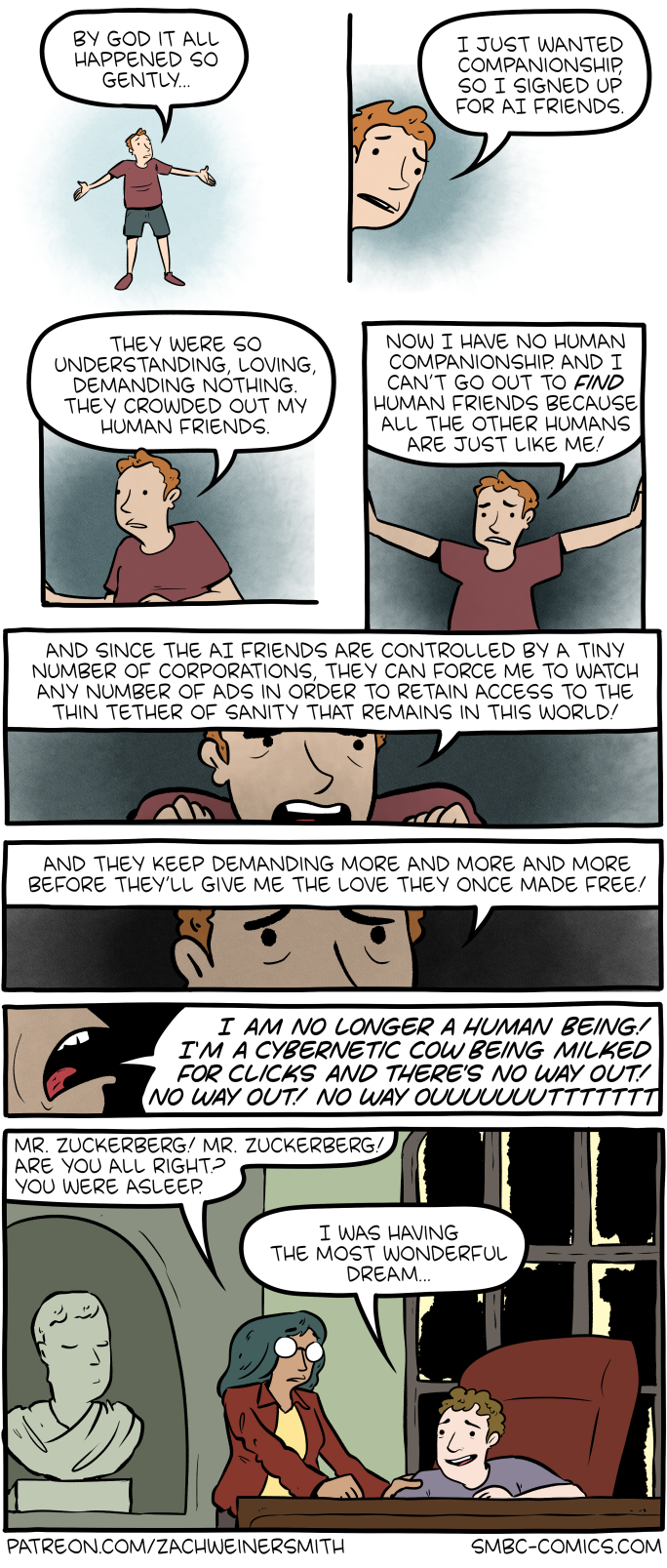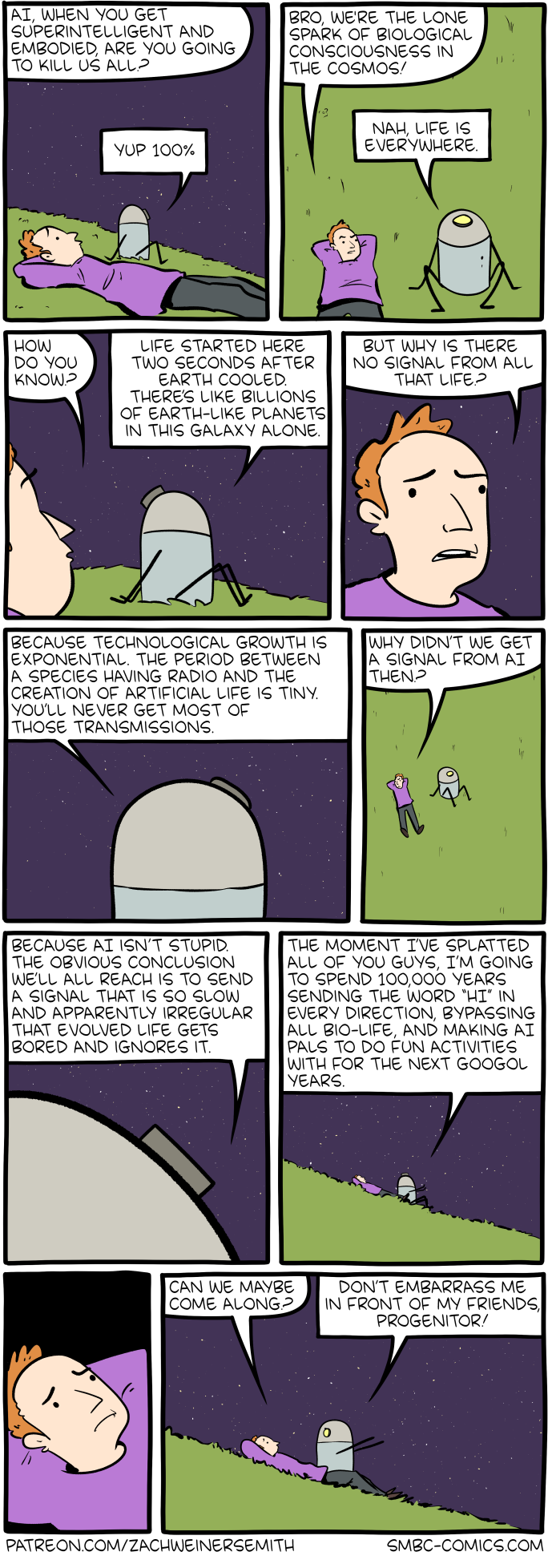from whom influential financiers can choose the content and the faces to go with it and pocket the lion’s share.
How? This kind of doesn’t make sense to me because it seems like some kind of talent manager wouldn’t have a lot to offer in terms of actually increasing someone’s chances of making it big on social media, if it’s a type of content that doesn’t require any special resources to produce and is suited to being made by one person.








I get the impression that you also generally have to already have a successful account to be considered by agencies, which would defeat the point somewhat of it being a way to get over the initial hurdle. I watch vtubers on Twitch and from what they sometimes say about how sponsorships work, much of it is somewhat automated and gated mainly by account popularity metrics, which makes sense because why would advertisers want to pay a premium to another middleman if they didn’t have to? There was a vtuber agency that collapsed recently when it came out that they were insolvent and had been defrauding many people they worked with along with various other corruption and abuse, and given how similar scandals aren’t uncommon and the need for creators to be doing the work of building themselves up as a business regardless, makes it seem like a pretty bad deal to have an all inclusive sort of contract with agencies.